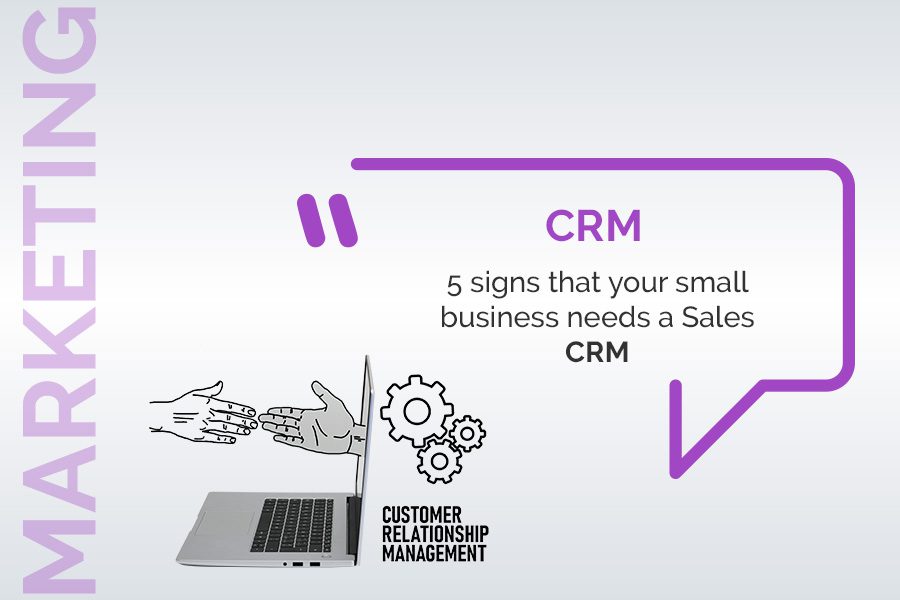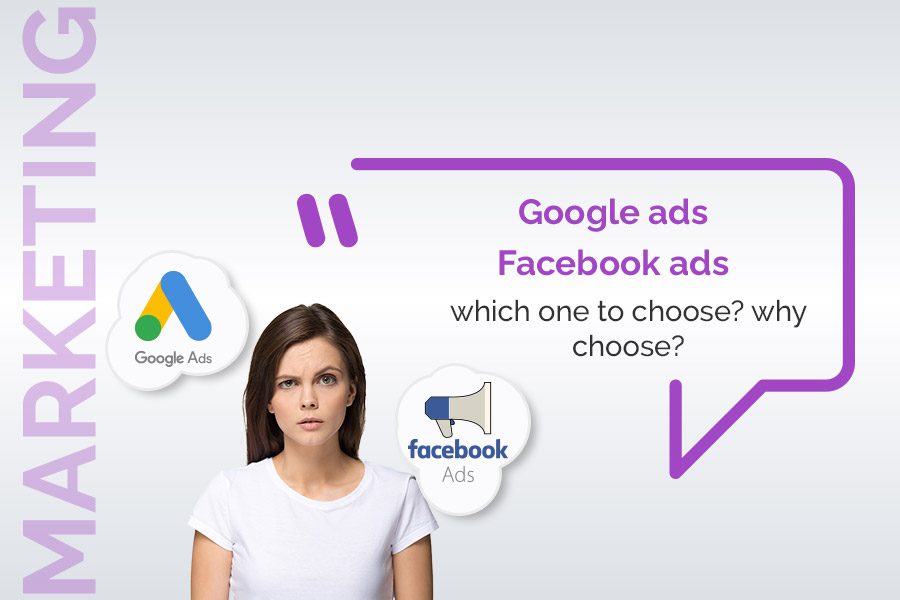
Gmail ads: 2 minutes to understand their interest.
October 19, 2021
5 signs that your small business needs a Sales CRM
February 28, 2023

Black Friday and, to a lesser extent, Cyber Monday, have been on the to-do lists of the marketing managers of leading online retailers and major retailers for several years.
However, for local businesses, which do not have the firepower of these large groups to be able to participate, as well as for some consumers, Black Friday can have perverse effects and hurt their personal convictions.
1 – Black Friday reduces margins.
The discounts of 50%, 60% and even 70% sometimes offered by the major retailers and e-commerce leaders are essentially made possible by their ability to buy and store huge quantities of goods and therefore negotiate the lowest possible purchase prices.
These discounts, especially the most excessive ones, can sometimes:
- Raise doubts about their commercial reality and honesty;
- Lead to a loss of meaning and reference points for consumers. Indeed, what economic argument can justify that a product can be sold for 100€ on Thursday, cost only 30€ on Friday, and then be displayed again at 100€ on Saturday.
Shops that do not wish to engage in the race for discounts and that want to remain consistent with their values can, for example
- Offer a useful gift in exchange for a purchase (for example, offer a pair of socks for the purchase of a pair of shoes)
- Offer their customers the opportunity to try another service/product for free for 60 days.
- Offer an extended warranty
- Offer a “Surprise Gift” or “Mystery Gift”. People are curious, use their curiosity.
- Offer a gift for any order over a certain amount.
2 – It’s an ultra-competitive event
With so many brands and businesses communicating about their discounts at the same time, it can be difficult for a local business to get their message heard. In addition, while Black Friday generates more search traffic, it also increases competition between businesses and makes it more expensive to buy “keywords” in Google ads or ads on social networks.
3 – Customers have been trained to wait for the discount
As Black Friday has taken its place in the consumers’ agenda, they now expect massive discounts at the end of November. As a result, some consumers are cutting back on their purchases in the weeks leading up to Black Friday, as they would rather wait for the opportunity to receive a deep discount than purchase items at full price.
4 – Black Friday doesn’t fit your ethics.
Black Friday has more and more detractors, among consumers as well as among trade professionals. Numerous initiatives flourish year after year to either denounce Black Friday, or to take advantage of the hyper-mediatization of Black Friday to put forward more reasoned, more ethical, less consumerist and greener practices.
Make Friday Green Again
Make Friday Green Again is a movement that allows brands and retailers to raise awareness among their customers about a more virtuous consumption by adopting simple and concrete actions. Companies that join this movement commit to: not practicing commercial operations in November and to encourage their customers and their community to consume less but better, in particular by:
- Consuming locally and more ethically;
- Taking the time to analyze their real needs before succumbing to the temptation of a purchase;
- Sorting their wardrobes, repairing, reselling or recycling what is no longer usable and consuming what is necessary and without excess.
Green Friday
Companies participating in Green Friday agree to donate 10% of their sales during these 24 hours to an association
The Fair Friday
This Swiss initiative proposes to the customers of the member companies to round up the amount of their sales receipt and to transfer the collected sums to associations
Circular Monday
Circular Monday comes from Sweden and takes place the Monday before Black Friday. The objective is to encourage the circular economy by promoting second-hand products, recycled materials, equipment rental and object repair.
Giving Tuesday
Giving Tuesday was created in 2012 in the United States. The concept now exists in over 100 countries. It is also known as “World Giving and Solidarity Day”. Citizens, businesses and organizations are encouraged to offer goods, food, time or donate blood, and turn to those in need.
Block Friday
Block Friday is a protest movement that denounces the great impunity, especially tax impunity, enjoyed by Amazon and is characterized by human chains in shopping malls, blocking of Amazon warehouses or demonstrations in shopping streets to denounce overconsumption and its climate consequences.


